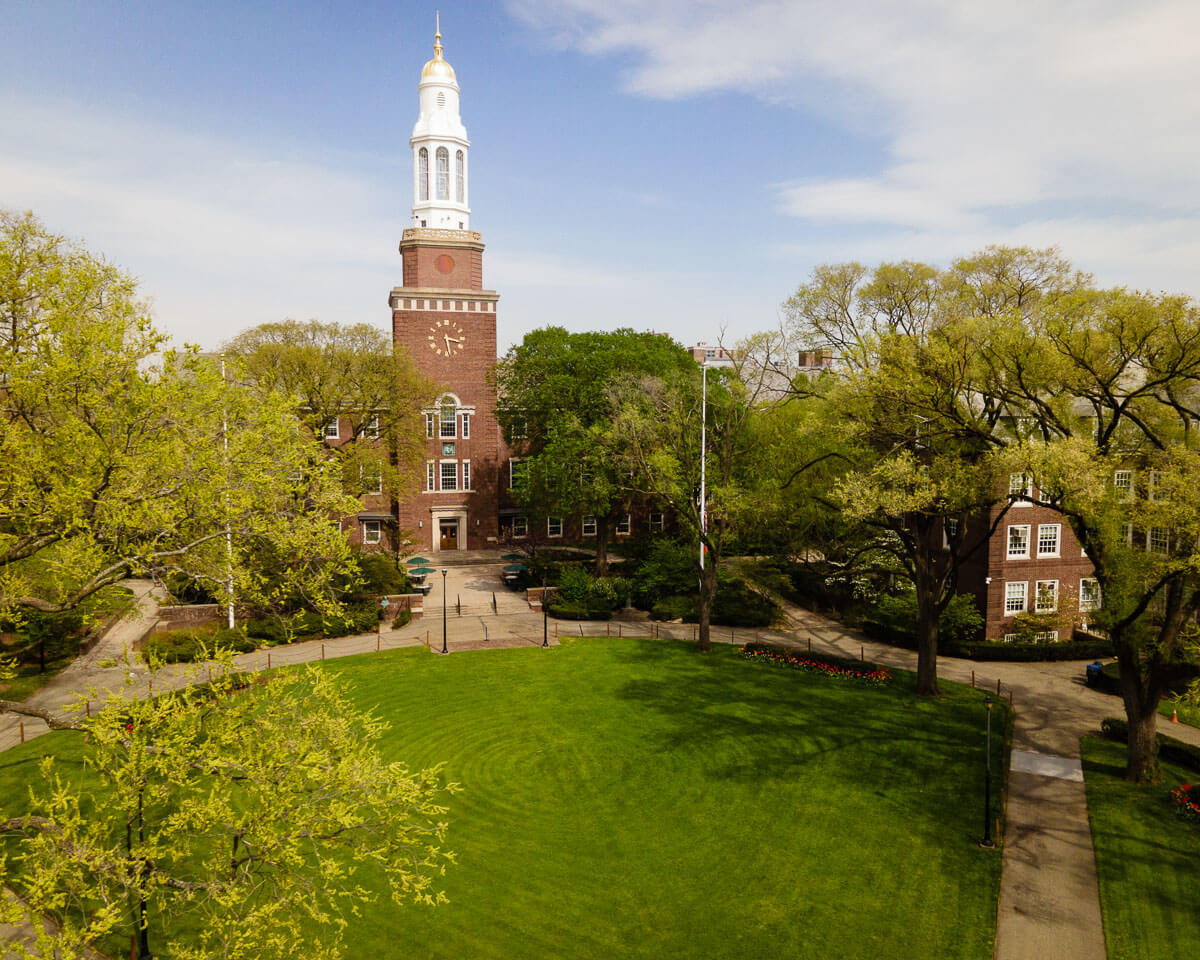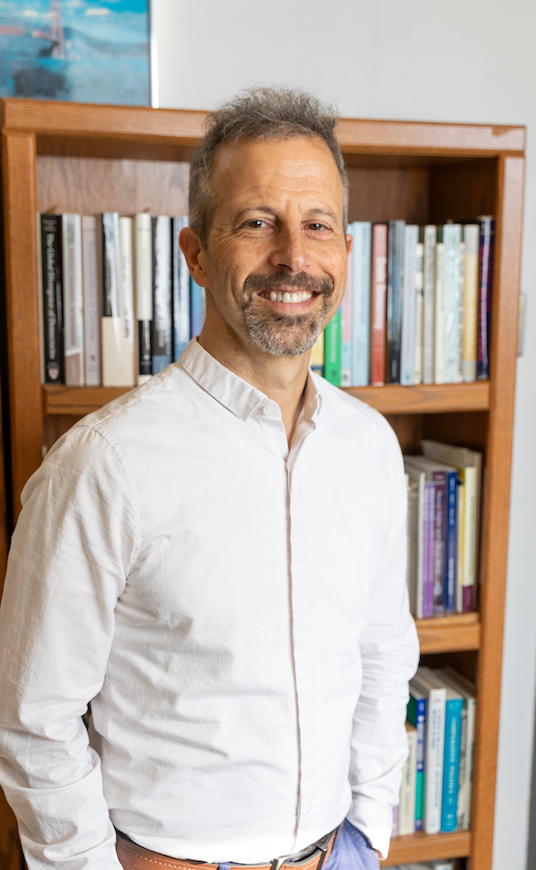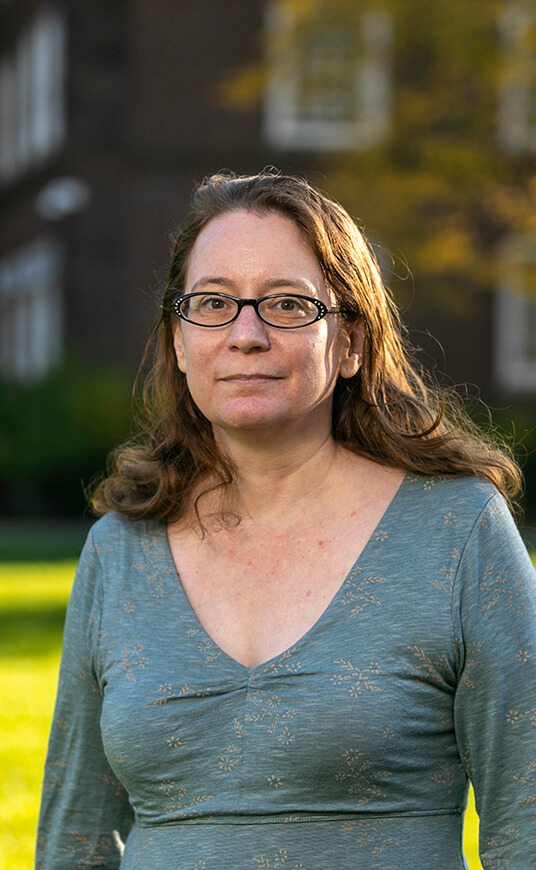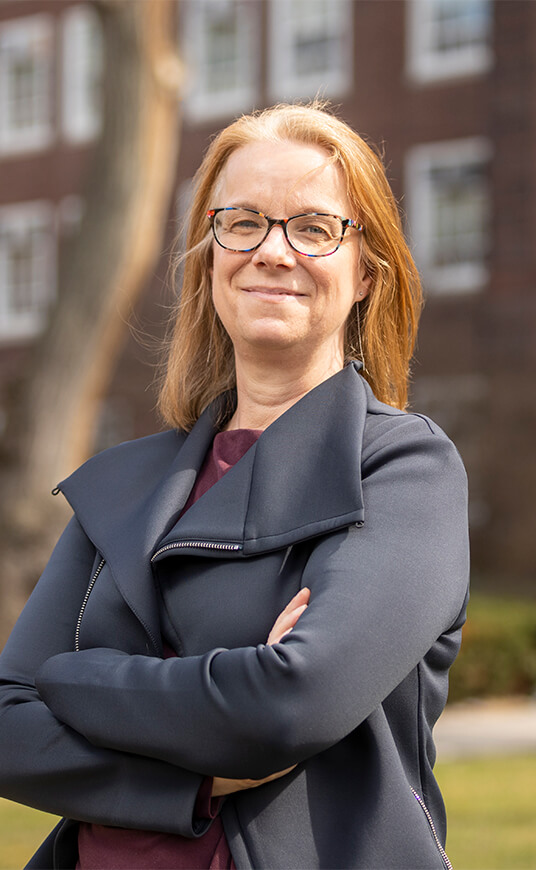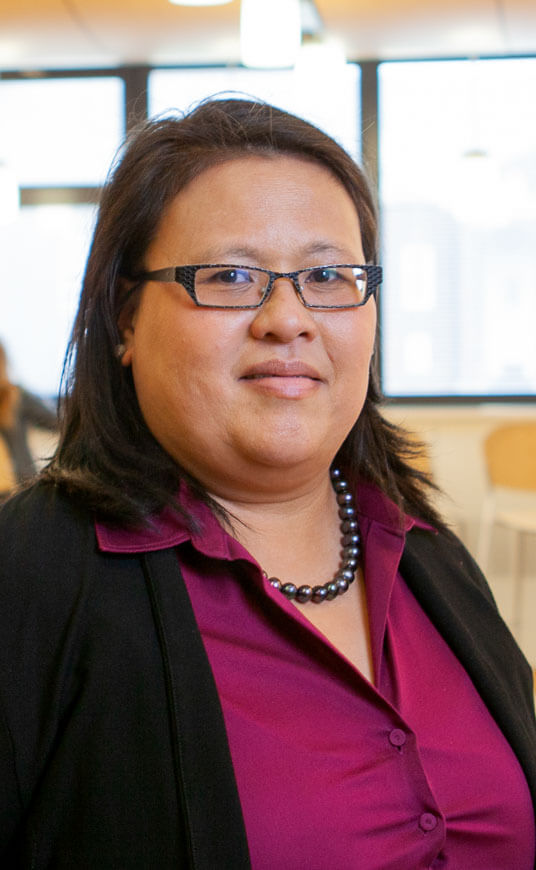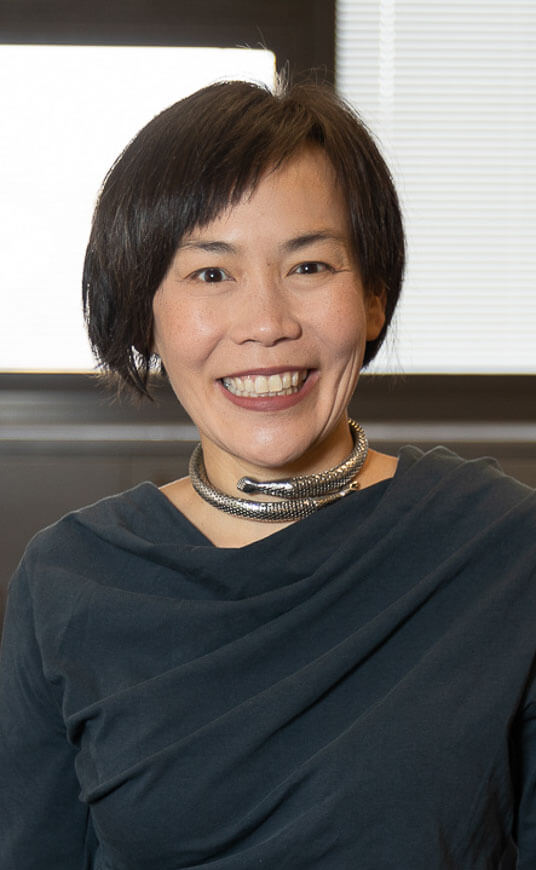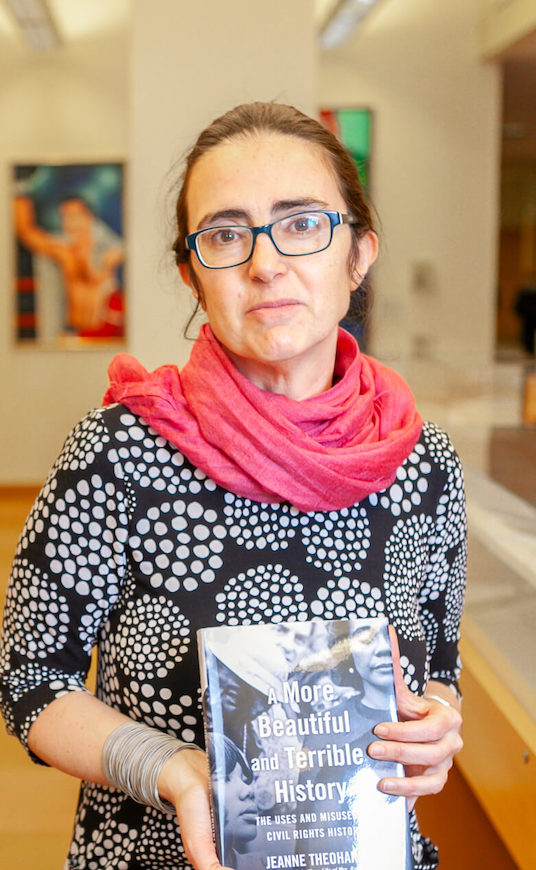Political Science, B.A.
School of Humanities and Social Sciences
Program Overview
As a political science major, you will take courses that will improve the research, writing, and reading skills that are crucial for success in all professional careers. Studying political science enables you to delve into the political relationships that can unlock your understanding of local, national, and global problems. You will also grasp and engage with politics and power at all levels so that you can become a critical thinker and an active citizen.
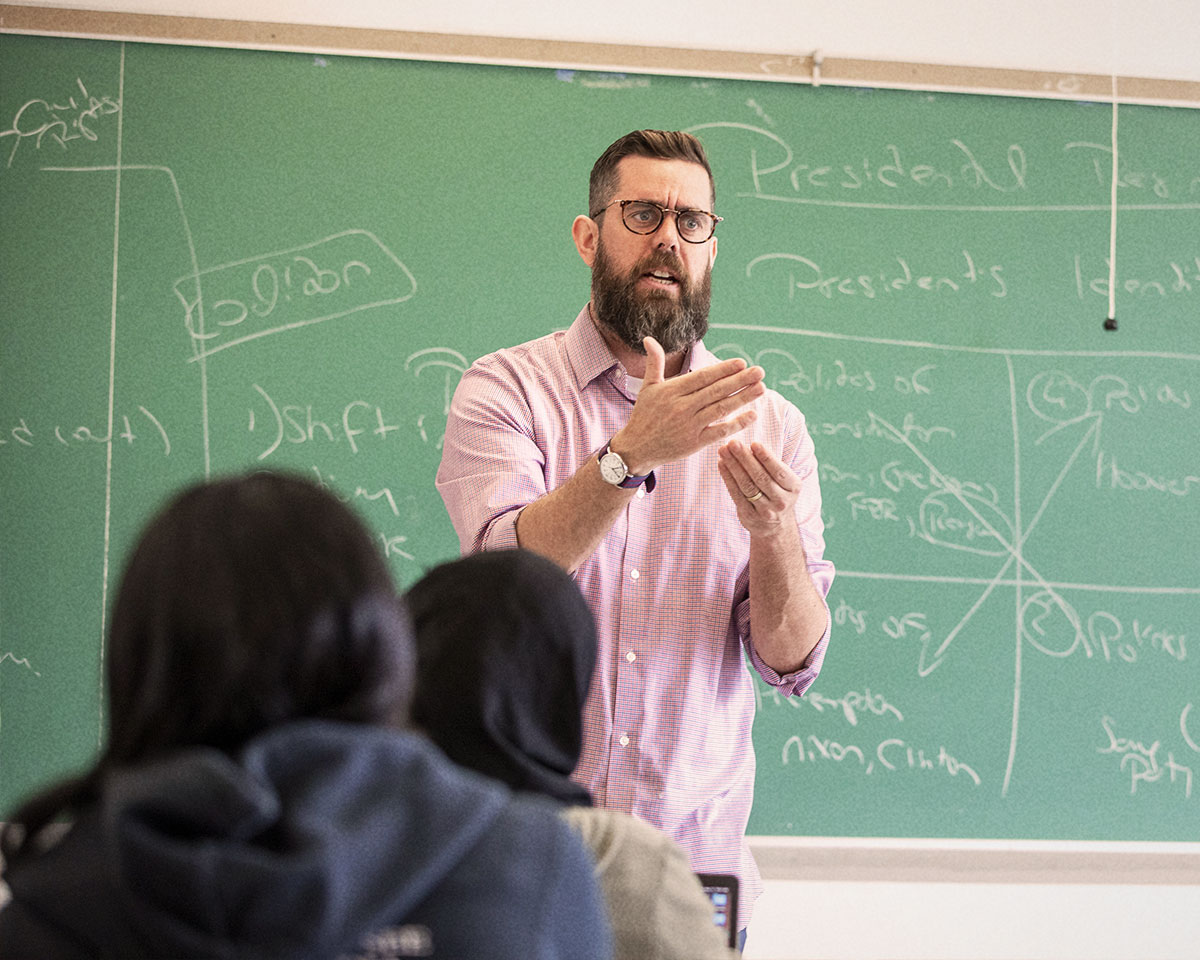
Major Details
The program information listed here reflects the approved curriculum for the 2024–25 academic year per the Brooklyn College Bulletin. Bulletins from past academic years can be found here.
Major Requirements (30–36 Credits)
This is a writing-intensive program.
- One 1000-level Political Science course excluding POLS 1230.
- One of the following 3000-level writing-intensive seminars: Political Science 3012W, 3190W, 3191W, 3290W, 3390W, 3391W, 3392W, 3393W, 3490W, or 3491W.
- One of the following research methods courses: Political Science 3014W, Research Strategies in Public Policy or Political Science 3423, Mapping Politics: GIS Methods in Political Science.
- Political Science 4000W, Capstone Senior Seminar
- A total of five additional courses from the 3000-level and above. Only one of Political Science 5001 and 5002 may be included. Only one course numbered 3603–3651 may be included, with the exception of 3650. After satisfying the requirement in part 2 above students may take additional 3000-level writing-intensive seminars to satisfy this requirement.
Student Learning Outcomes
Students will be able to:
- Recognize and explain key political concepts (such as “power,” “ideology,” and “the state”).
- Recognize the multiple theories of power that shape the discipline of political science and employ them to explain the workings of key political institutions, actors, movements, and events across the discipline and in applied settings.
- Explain basic political ideas or theories, in writing and orally, using a clear thesis statement, a well-developed argument, and relevant and reliable evidence.
- Analyze political phenomena by applying political science theories and at least one social science methodology.
- Articulate a clear research question, create a bibliography, and use citations in accordance with conventions of the discipline.
Degree Maps
To help you pursue your studies in the most efficient manner, and to maximize your efforts to graduate in four years, Brooklyn College has created four-year degree maps for all its majors.
View degree maps for this major and others.
Contact
Darryl Estey
3401 James Hall
E: kestey@brooklyn.cuny.edu
P: 718.951.5000 ext. 1750
Or contact:
Office of Undergraduate Admissions
222 West Quad Center
2900 Bedford Avenue
Brooklyn, NY 11210
E: adminqry@brooklyn.cuny.edu
To make an appointment with an undergraduate admissions counselor, visit:
The Support You’ll Find
One point that can never be repeated enough is the importance of working with your professors and instructors. Even though there is plenty of good information to be found online, in each class you will learn from an expert in the field, who can answer your questions or direct you to the best resources available. The value of faculty cannot be overstated. Good connections with your instructors may be a deciding factor in landing your dream job.
Internships and Employers
Through job fairs, the internship database, and internship panels, the Magner Career Center gives students in the political science B.A. program access to career opportunities at a wide variety of employers, including:
- Center for Social Media and Politics (NYU)
- City University of New York
- Eurasia Group
- Higher Heights
- Kirkland & Ellis
- Latham & Watkins
- Murmuration
- New York State Assembly
- Pace University
- Pratt Institute
- Rutgers University
